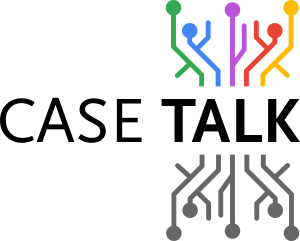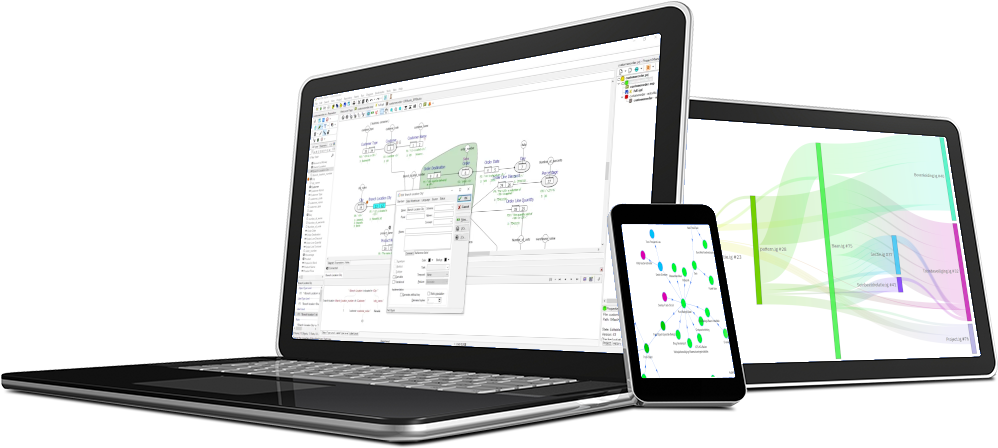In today's data-driven world, organizations face a fundamental challenge: data alone is not enough. The true value lies not in collecting vast amounts of information, but in how we integrate, define, and manage that knowledge across organizational boundaries.
The Problem with Data Silos
The reality is stark—data is never just data. Most organizations have experienced the frustration of isolated information systems that don't communicate with each other. Data only becomes meaningful when we can break down these silos and create integrated knowledge systems that span departments, teams, and disciplines.
The key insight is that effective data management must be grounded in agreed-upon facts rather than abstract entities that can be interpreted differently across teams. This foundation of shared understanding is what transforms raw data into actionable information.
Expert-Centric Approach
Successful data management recognizes that data is fundamentally from experts and for experts. Rather than treating data as a purely technical concern, organizations need to capture and preserve the communication and context that subject matter experts bring to the table.
This expert-centric approach involves:
- Capturing expert communication and domain knowledge
- Versioning and managing information across different models and systems
- Creating unambiguous definitions through agreed-upon facts
- Providing comprehensive annotations that preserve context and meaning
Enabling Effective Governance
Strong data governance emerges naturally when experts, architects, modelers, and developers all have appropriate access to the information they need. This collaborative approach ensures that:
- Quality remains high throughout the data lifecycle
- Risk is minimized through consistent definitions and processes
- Costs are reduced by eliminating redundant work
- Rework is prevented through clear, shared understanding
From Data Management to Information Definition
The paradigm shift here is significant: this isn't really about data management at all. Instead, it's about information definition and management—creating systems that capture not just what the data is, but what it means and how it should be used.
This approach enables organizations to "model once and develop anywhere" through robust transformation and generation capabilities. When information is properly defined and managed, it becomes a reusable asset that can be deployed across multiple platforms and use cases without losing its integrity or meaning.
The Path Forward
Organizations looking to move beyond traditional data management approaches should focus on:
- Building consensus around fundamental facts and definitions
- Engaging domain experts as active participants in the data management process
- Implementing systems that preserve context and enable collaboration
- Creating governance structures that support rather than hinder innovation
The future of data management lies not in bigger databases or faster processing, but in smarter approaches to information definition and collaborative knowledge management. When we get this foundation right, the technical challenges become much more manageable.
By focusing on information definition rather than just data collection, organizations can create systems that are not only more effective but also more adaptable to changing business needs. The goal is not just to manage data, but to create shared understanding that drives better decision-making across the entire organization.


